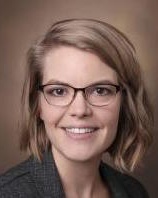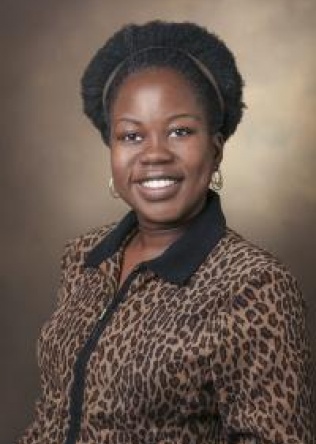Alumni
-
Natalie E Chichetto, PhD, MSW
Assistant Profession (tenure-track) of EpidemiologyColleges of Medicine and Public Health & Health Professions, University of FloridaDr. Chichetto is a formally trained social worker and epidemiologist in the area of Cardiovascular Behavioral Medicine. She received her MSW degree and a Research Specialization from Washington University in St. Louis and a PhD in Epidemiology at the University of Florida. Her primary focus as an epidemiologist is investigating the health implications of common behavioral health syndemics, particularly concurrent unhealthy alcohol use, cigarette smoking, and depressive symptoms. Her primary career goal is to reduce cardiovascular disease and other chronic conditions associated with behavioral health conditions. She is specifically interested in bridging the gap between mechanistic research and implementation science by focusing on biologically-informed pathways (e.g. the gut microbiome) for interventions to reduce inflammation, and by extension end organ disease (e.g., CVD) in those with syndemic behavioral conditions.
Dr. Chichetto is the Principal Investigator of an NIH/NIAAA K01 Mentored Career Development Award (K01AA029042) to understand the implications of alcohol-associated syndemics on the gut microbiome, a unique mechanistic risk pathway for CVD, among persons living with HIV. Through this award she will be conducting a microbiome based intervention for individuals burdened by behavioral health syndemics to understand the potential of prebiotics and probiotics as adjunct therapy to reduce CVD risk.
Dr. Chichetto is a Co-Investigator of the microbiome-based clinical trial “Interventions to improve alcohol-related comorbidities along the gut-brain axis in persons with HIV infection” funded by NIAAA.
-
Celestine Wanjalla, MD, PhD
Assistant Professor of MedicineDepartment of Medicine, Division of Infectious DiseasesDr. Wanjalla is a physician-scientist who received her Bachelor’s degree in Biological Sciences with honors in research from Cornell University and an MD Ph.D. degree from Thomas Jefferson University in Philadelphia. She is a translational researcher who cares for persons living with HIV. Her primary focus is investigating the health implications of virus-specific memory immune cells including cytomegalovirus, in cardiometabolic disease in persons living with HIV. During her post-doctoral training, she defined a subset of CGC+ CD4 T cells, named due to their co-expression of surface markers (CX3CR1, GPR56, and CD57). These cells were largely CMV-specific and were higher in diabetic persons with HIV (PMID: 30941121) as well as in those with a higher carotid plaque burden (PMID: 33567869).
Dr. Wanjalla is the Principal Investigator of an NIH/NHLBI K23 Mentored Career Development Award (K23HL156759), a Doris Duke Clinical Scientist Development Award (Grant #2021193), and a Burroughs Wellcome Career Award for Medical Scientists (Grant # 1021480) to understand the role of anti-cytomegalovirus immune responses in atherosclerotic cardiovascular disease in persons living with HIV. She was also selected as a member of the NHLBI Future faculty of Cardiovascular sciences (Cohort 3), and her small research project is on B Cell Subsets and Atherosclerosis in Persons with HIV.
Through these awards, she will be conducting basic immunology studies to fully characterize the CGC CD4+ T cells, and to what extent they are CMV-specific. She is using endothelial stretch assays to understand the impact of these cells on endothelial function, and macrophage assays to understand the role of CMV on antigen presentation alteration. Digital spatial transcriptomics of coronary arteries from PWH and HIV-negative controls, partly funded by Nanostring, will also be used to understand drivers of inflammation at the coronary artery level. Over the next 3-5 years, her goal is to further develop her career in translational research, build a team of collaborators and trainees and continue to learn from the bedside and investigate new questions that arise

